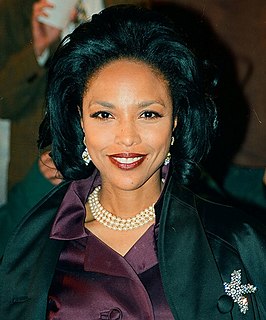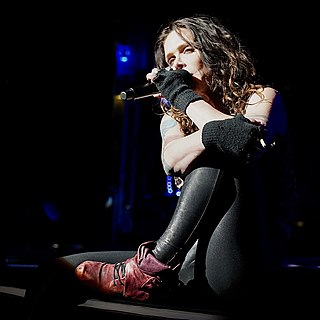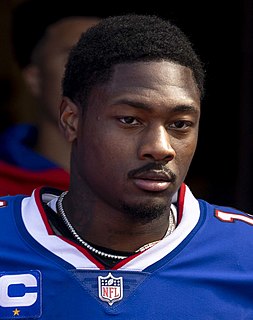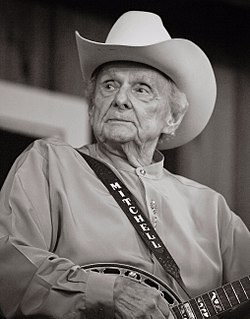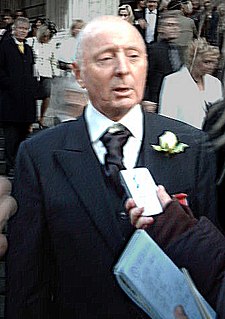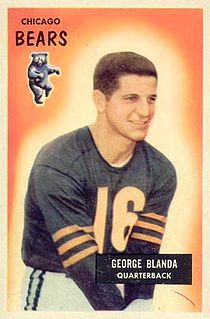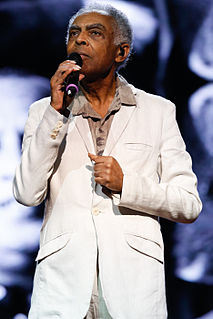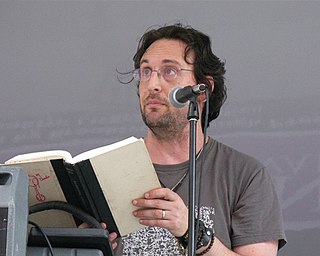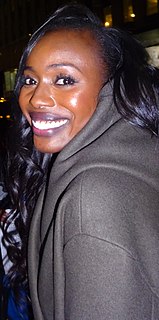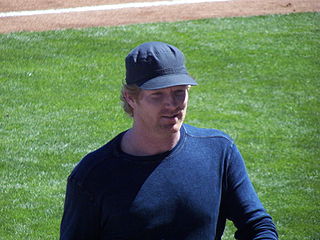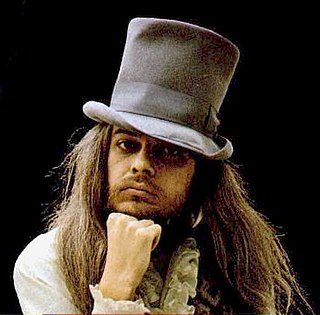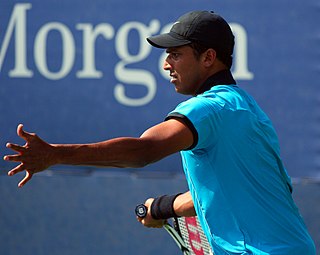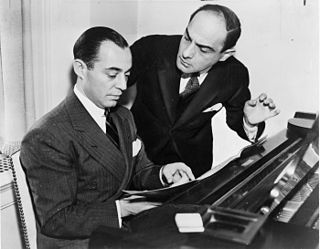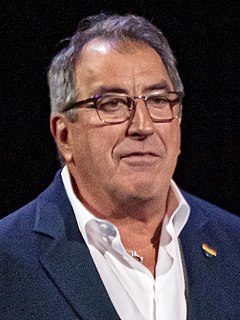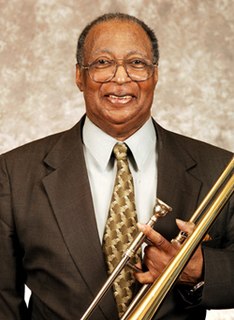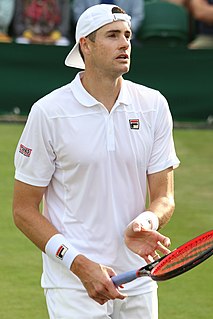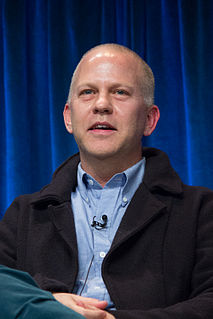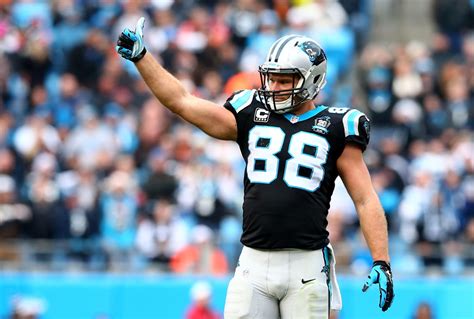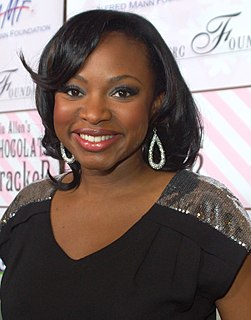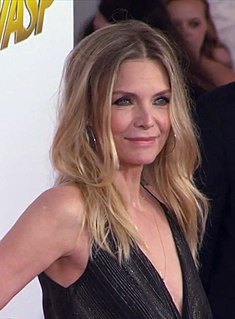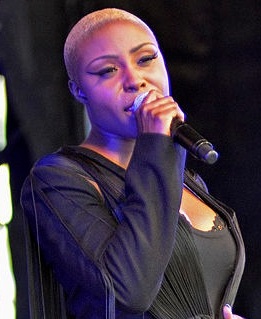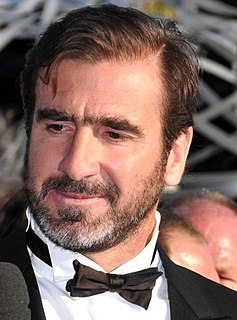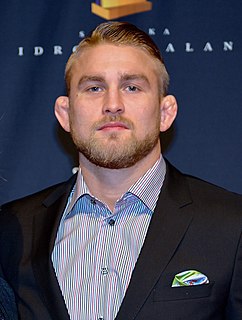Top 531 Davis Quotes & Sayings - Page 8
Explore popular Davis quotes.
Last updated on December 19, 2024.
As a child, I walked with my friends to Rosa Parks Elementary and then to Ben Franklin Middle School. I rode Muni to Galileo High School. And thanks to amazing teachers who believed in me and supported me along the way, I was able to matriculate to another public school: the University of California at Davis.
It started with 'A League of Their Own.' I mean, to me, if you played softball or baseball as a girl growing up, that is the staple movie, like, where girls are portrayed as athletes, and real, like, different, from Madonna, you know, to Geena Davis. I mean, I could quote that movie, every single line.
I usually get involved in the interviews about the animators and the filmmaking in general, because I had a chance. I got to know, not only Marc Davis, but Frank Thomas, Artie Johnson, Ward Kimball, all these great animators, and just ask them all these questions about how they did certain things, what their trials and errors were, the ups and downs.
Beginning in the sixties, but getting strong during the seventies and eighties, everybody was sort of Miles Davis and Chick Corea and the jazz guys on the west coast and east coast in America, and then in Switzerland and lots of groups in England and elsewhere, like here in Brazil. We were all under a heavy influence of technological gadgets and changes that we used as elements to produce and create music.
[Barack] Obama isn't pointing to anyone, and certainly doesn't like it when others note (correctly) that his influences were the likes of Saul Alinsky, the Chicagoan and modern founder of community organizing, or Frank Marshall Davis, the communist journalist and agitator from Chicago who mentored Obama in Hawaii in the latter 1970s, and who Obama warmly acknowledges in his memoirs.
I always thought of Caesars as the gold standard. I had exactly one date in high school, and my father knew someone who got us comped here for the Sammy Davis Jr. show. We heard 'Candy Man,' 'Mr. Bojangles' - the whole list. And then my date and I went off to the dance - homecoming, I think - where she pretty much ignored me.
Prince, you never knew what to expect from him from one album to the next. Miles Davis was like that. You know, once you get used to one style, boom, he switched it and, you know, switched gears on you. So those artists are very exciting to me, very exciting to follow their path, you know, and their journey.
I work with this wonderful five-piece band, The Tony Guerrero Quintet, along with Kate Flannery, who was Meredith the Drunk in The Office, and Tim Davis, who was the vocal arranger on Glee. The three of us sing, and the band is amazing. We've been working together for about two years. So, we decided to do a Christmas album in July.
I got a chance to work with Miles Davis, and that changed everything for me, 'cause Miles really encouraged all his musicians to reach beyond what they know, go into unknown territory and explore. It's made a difference to me and the decisions that I've made over the years about how to approach a project in this music.
The next film I have is called Miles Ahead, which is about Miles Davis, during a five-year period in his life during which he's struggling to figure out which direction to go musically and in his life. I play a record executive who's there to try to get Miles to collaborate with one of my clients. I'm excited to see that.
Strifes will arise through the period. Watch for them near the Davis Strait in the attempts there for the keeping of the life line to land open. Watch for them in Libya and in Egypt, in Ankara and in Syria, through the straits about those areas above Australia, in the Indian Ocean and the Persian Gulf.
There are so many incredible women on TV right now. Viola Davis, Kerry Washington, Ellen Pompeo. These are really incredible female leads that are on network TV. Hopefully, with what I do, and the generation of actors I'm working with, that'll make the lives of other girls coming in after me even better. I hope to aim for that.
I'm a great believer in conversational rhythm. I think in terms of rhythmic dialogue. It's so easy, you can talk naturally. It's like peas rolling off a knife. Take the great screen actors and actresses, Bette Davis, Eddie Robinson, Jimmy Cagney, Spencer Tracy. They all talk in rhythm. And rhythm and movement are the life of the screen.
Arnold was on the 'Today' show today, he was a little light on specifics. He said he could solve California's $38 billion budget deficit, without cutting spending or raising taxes because there was a third way. What is it? Let's just say it involves a robot going back in time to convince Gray Davis to go into dentistry.
I got a poster from Columbia Records, and there's Miles Davis, Charlie Mingus, Ellington, Count Basie - everybody in that poster has died, I'm the only one left. And great players like Paul Desmond and Gerry Mulligan, it's hard to believe they're gone because we were all so close. But I believe in the future and the tradition will go on.
I'm very sorry to Mr. Gabas, to whom I apologised in person. Very sorry for letting my Davis Cup teammates down and for letting my country down. I apologise to all the tennis fans, to my supporters, and my sponsors. I feel ashamed of my unprofessional behaviour and will accept any consequences as a result of my action.
It was Miles Davis who took me to New York, and Coltrane was in the band, as well as Paul Chambers, Philly Jo Jones. 'Trane took me aside, and, of course, we did Blue Trane, which was my first album-and that started everything. He had confidence that I didn't have; he saw something that I didn't see.
I had the opportunity to go up to New York and be on the 'Inside Amy Schumer' show with Michael Strahan and Vernon Davis and those guys. That was an opportunity that presented itself, and it was something different and fun. I had a great time. Those guys are really good dudes, and she's obviously incredibly talented.
I used to stay up very late at night, much later than I probably should have for such a youngster, and I used to watch very old black-and-white movies with, you know, Bette Davis and Joan Crawford, but I remember watching them thinking 'I could do that'... Even though I wasn't inclined at all to actually become an actress. I mean, that wasn't something that was... in the stars for me, no pun intended.
In an experiment by Dr. Robert Emmons at the University of California–Davis, people who kept a ‘gratitude journal,’ a weekly record of things they felt grateful for, enjoyed better physical health, were more optimistic, exercised more regularly, and described themselves as happier than a control group who didn’t keep journals.
I look at people like Picasso and Da Vinci and Escher and Miles Davis, and they'll write or paint that one definitive masterpiece of maybe 50 that they have that's really trying to go outside the box, trying to do something that's tough. And then when you accomplish it, you look back and go, 'Yeeaaaah - masterpiece.'
For a long time, way back in the ’30s and ’40s, there were fabulous female roles. Bette Davis and all those people had incredible, great roles. After World War II, something happened where it was not only "get out of the factories," but "get out of the movies." That's when women's roles started to really [change].
Amiri Baraka went to Howard. Lucille Clifton went to Howard. Ossie Davis went to Howard. And I was aware of that when I was there. Charles Drew went to Howard. Thurgood Marshall went to the law school. Being aware of that and having all of that brought to bear, again, it's one of those things that I can't really separate from my career as a writer.
I think there's no question that Michael Jackson was the foremost entertainer of his generation; perhaps of all time, arguably, taking the skills of a Sammy Davis, Jr., bringing together the street dance of African American urban culture, joining them to the politics of dance, of Fred Astaire and Gene Kelly on that sphere alone.
